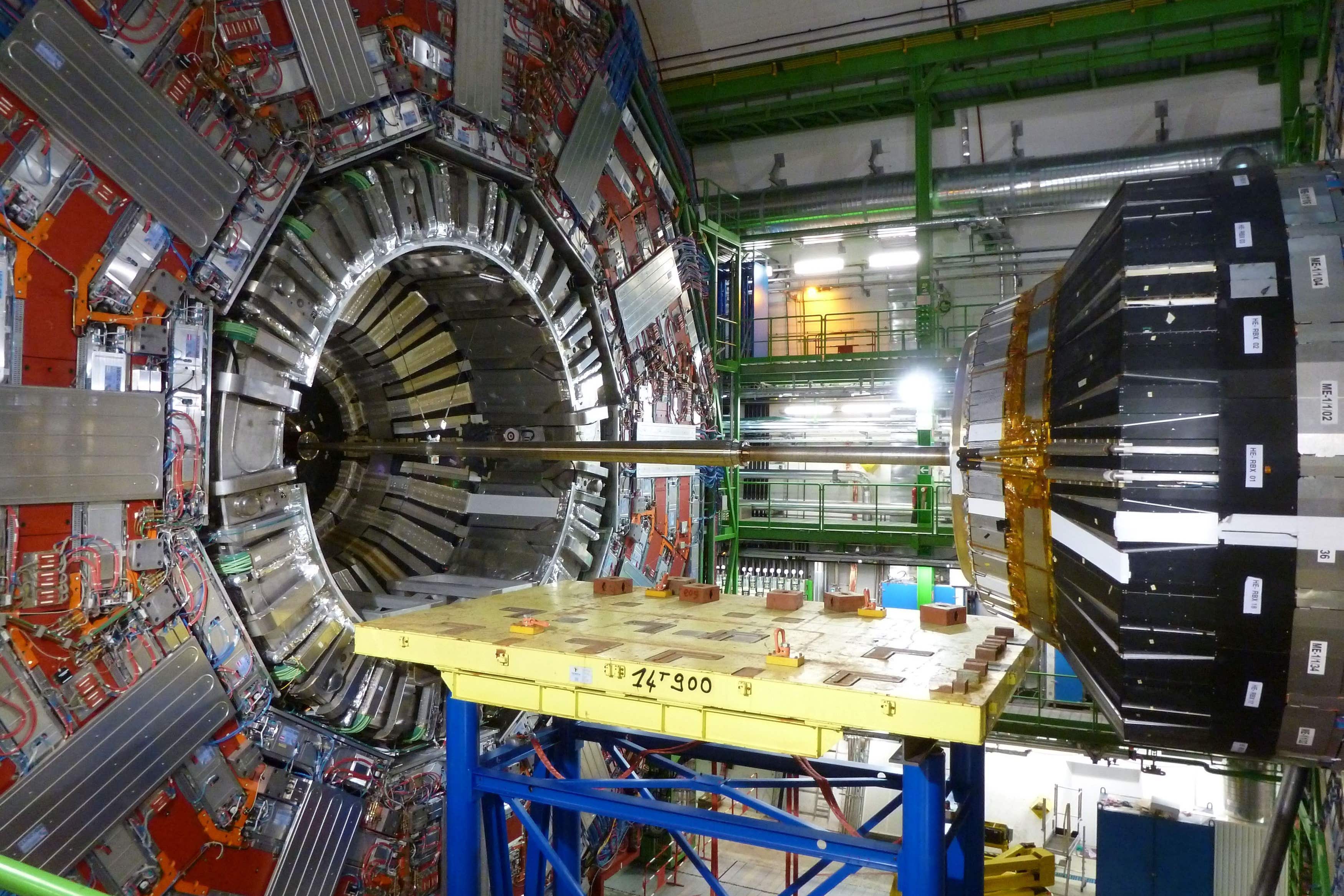Plans for collider ‘to smash particles together to unveil Universe’s mysteries’
It is hoped that any new findings will change our understanding of how the Universe works.

Researchers are developing plans for a new collider that could smash particles together at a greater force than currently possible in a bid to shed light on some of the Universe’s biggest mysteries.
The European Organisation for Nuclear Research’s (Cern) Large Hadron Collider (LHC), will complete its mission around 2040, and experts are looking at what could replace it.
Early estimates suggest the new machine, called the Future Circular Collider (FCC), would cost around £13.7 billion (15 billion Swiss Francs).
It is expected to be installed in a tunnel measuring some 91 kilometres in circumference at a depth of between 100 and 400 metres on French and Swiss territory.
The FCC will be an unprecedented instrument to explore the law of physics and of nature, at the smallest scales and at the highest energies
Using the highest energies, it will smash particles together in the hope that new findings will change the world of physics, and understanding of how the Universe works.
On Monday, Cern announced that a mid-term feasibility study did not find a “technical showstopper”.
Among other things, the review was also able to identify the ideal location for the infrastructure of the project, and the size of the proposed tunnel.
In 2012, the LHC detected a new particle called the Higgs Boson, which provides a new way to look at the Universe.
However, dark matter and dark energy have remained elusive, and researchers hope the new collider will be able to answer some of science’s greatest unanswered questions.
Cern’s director general, Professor Fabiola Gianotti, said: “The FCC will be an unprecedented instrument to explore the law of physics and of nature, at the smallest scales and at the highest energies.”
She added: “[It] will allow us to address some of the outstanding questions in fundamental physics today in our knowledge of the fundamental constituents of matter and the structure and evolution of the Universe.”
Addressing critics who suggest the project is very expensive, and there are no guarantees it will answer outstanding questions about the Universe, Eliezer Rabinovici, president of the Cern council, said the aim was to build “discovery machines”, and not “confirmation machines”.
Prof Gianotti added: “We build the facility, and experimental facilities not to run behind the prediction, [or] correct calculation.
“Our goal is to address open questions, then of course, theories develop, and ideas on how to answer those questions.
“But nature may have chosen a completely different path. So our goal is to look at the open question and try to find an answer, whichever answer, nature has decided out there.
“It’s true that at the moment, we do not have a clear theoretical guidance on what we should look for, but it is exactly at times where we lack theoretical guidance – which means we do not have a clear idea of how nature may answer the open question – that we need to build instruments.
“Because the instruments will allow us to make a big step forward towards addressing the question, or also telling us what are the right questions to ask.”
If approved, the FCC could be running by the early to mid 2040s.
Professor Tim Gershon, elementary particle physics group, University of Warwick, said: “The so-called Future Circular Collider is Cern’s proposal to address this challenge.
“It will provide the ability to measure the properties of the Higgs Boson in unprecedented precision, and in so doing to look at the Universe in new ways.
“It is hoped that this will provide answers to some of the most important fundamental questions about the Universe, such as what happened in its earliest moments.
“The latest report on the ongoing FCC feasibility studies is encouraging – in the most optimistic scenario the new collider could start to produce data in just over two decades from now.
“But there is still a very long way to go.”
Subscribe to Independent Premium to bookmark this article
Want to bookmark your favourite articles and stories to read or reference later? Start your Independent Premium subscription today.
